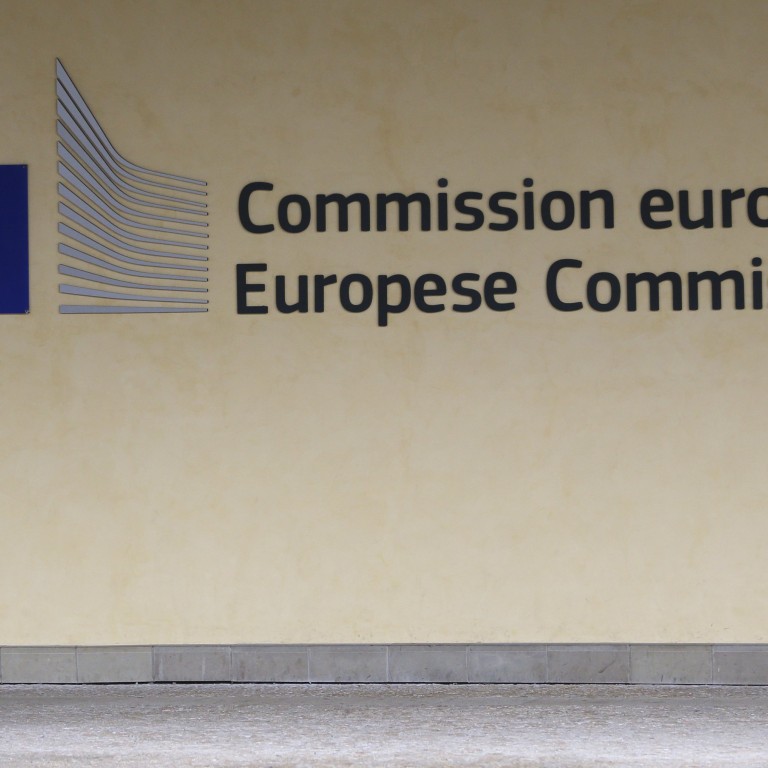
EU seeks to limit US government influence over management of web
The European Union's executive body has called for new steps to weaken America's influence over the management of the internet, exposing a rift in the aftermath of revelations about US spying.
The European Union's executive body has called for new steps to weaken America's influence over the management of the internet, exposing a rift in the aftermath of revelations about US spying.
The commission, which acts as a cabinet government of the 28 EU member states, said it would seek other ways to globalise decisions about the internet's expansion that were now concentrated in the United States. These included the assignment of names and numbers used to direct web traffic around the globe.
Changes were needed, the commission said, because the world had lost confidence in US stewardship of the internet after the snooping programmes revealed by former National Security Agency contractor Edward Snowden.
Large-scale surveillance [has] called into question [US] stewardship
"Recent revelations of large-scale surveillance have called into question the stewardship of the US when it comes to internet governance," the commission said in a statement.
The language used by the European Commission illustrates the fallout of the Snowden revelations, which have rattled millions of Europeans. Negative reaction has been strong in Germany, where reports have emerged that US intelligence eavesdropped on the phone calls of Chancellor Angela Merkel and former chancellor Gerhard Schroder.
The commission has previously stated its desire for more international oversight of internet governance. It did not offer any new plans for change.
Instead, it effectively called for an acceleration of a debate that is already under way about whether the oversight of internet mechanics should remain concentrated in the US. The issue will take centre stage at a summit in April called by the Brazilian government in response to the Snowden scandal. There, observers say, the US can expect to face anger from governments that have been spied upon and who feel America has abused its role as technological gatekeeper of the internet.
In the communiqué, however, the Europeans agreed with the Americans on one of the most important points of global contention: the commission effectively dismissed calls by Russia and China that multilateral bodies such as the United Nations could take a larger role in internet governance.
Rather, the commission called for the setting of a timetable for more international involvement in bodies such as Icann, the California-based institute that co-ordinates the assignment of domain names and operates under US legal and contractual oversight. US officials have resisted calls for the UN to take over this oversight role.
